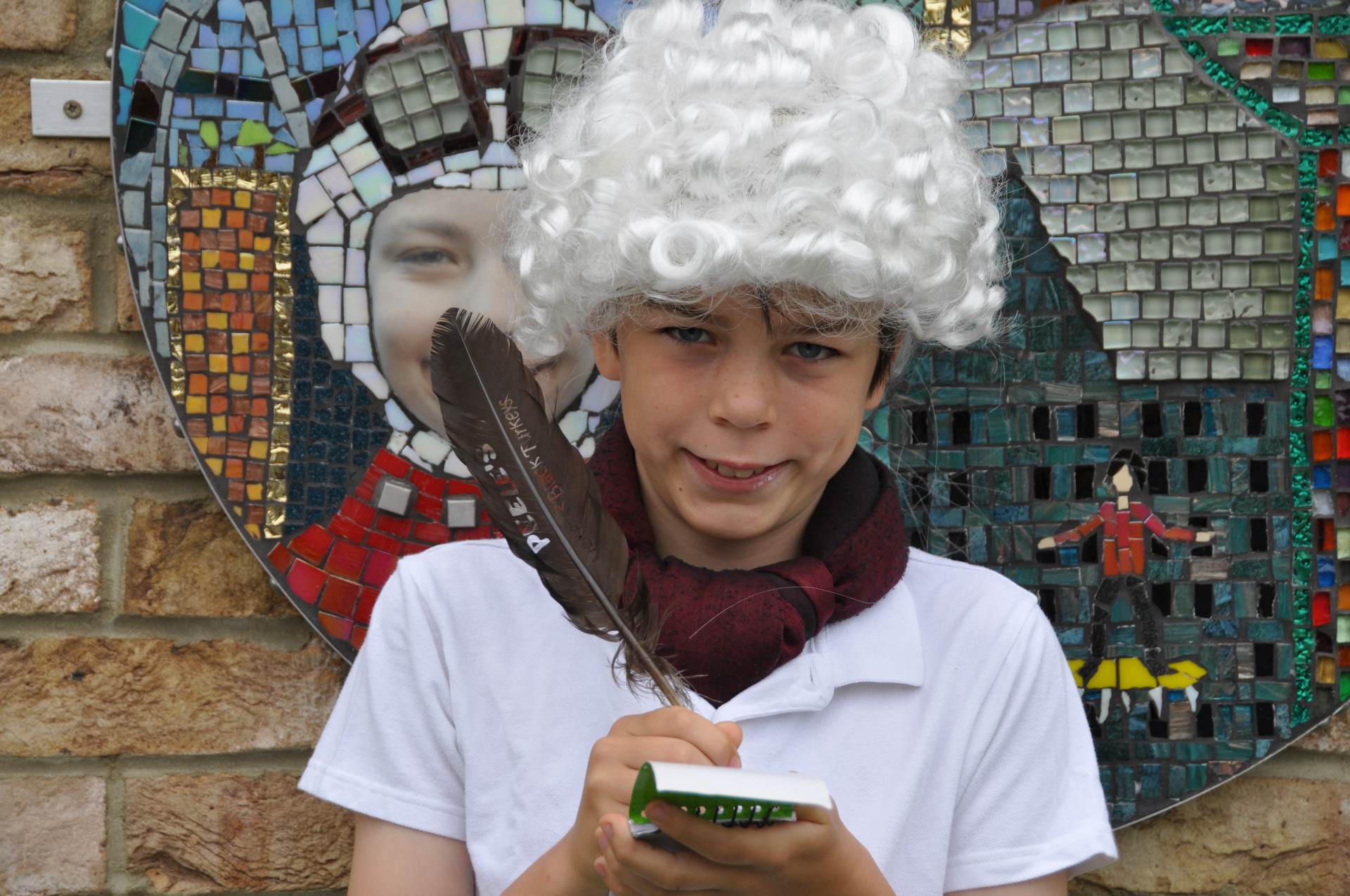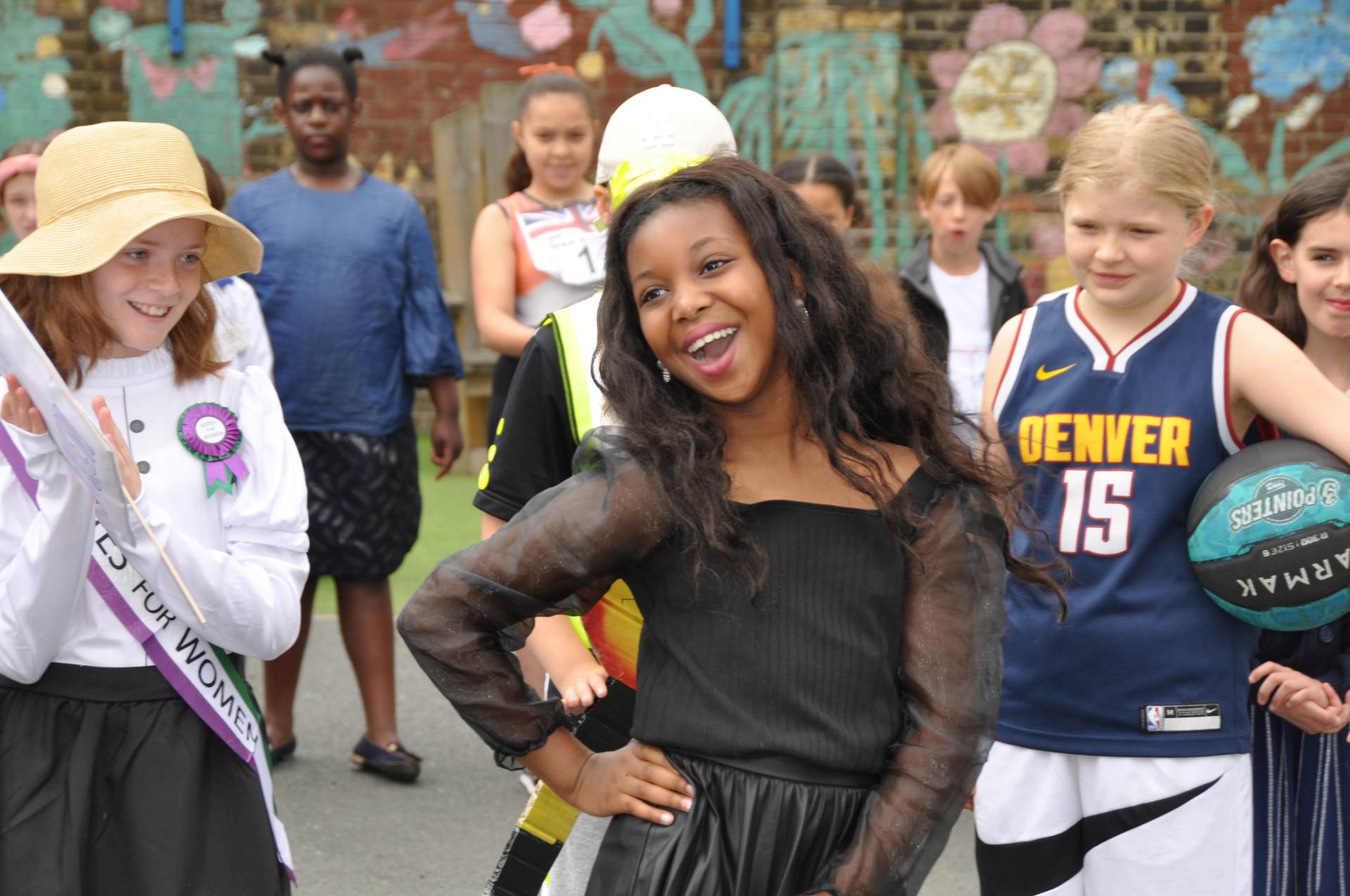History
Children at John Stainer enjoy a variety of history based topics each year.
We cover the teaching of significant people, events and places from both recent and the more distant past.
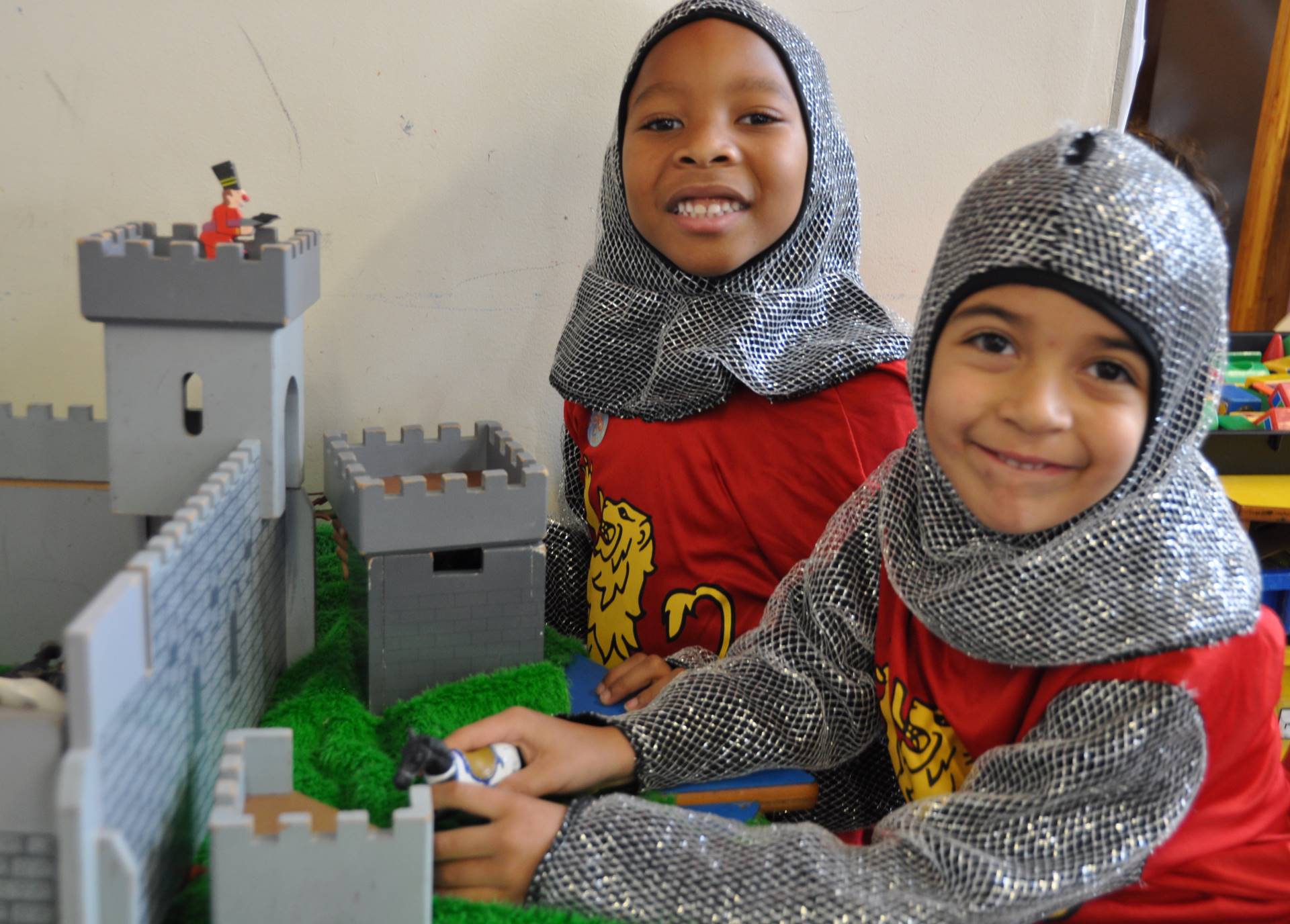 From History of Toys, Ancient Egypt and Ancient Greece to Vikings and World War II, children learn through using different sources of information and investigate the past using dates, historical vocabulary and artefacts. The curriculum also caters for visual, auditory and kinaesthetic learning styles. Children also explore their creativity through specific design and technology home learning; this gives them the opportunity to research, design and make their model which will then be showcased in a class exhibition where family and friends are welcome.
From History of Toys, Ancient Egypt and Ancient Greece to Vikings and World War II, children learn through using different sources of information and investigate the past using dates, historical vocabulary and artefacts. The curriculum also caters for visual, auditory and kinaesthetic learning styles. Children also explore their creativity through specific design and technology home learning; this gives them the opportunity to research, design and make their model which will then be showcased in a class exhibition where family and friends are welcome.
History allows our children to examine how and why things have changed over time, to handle artefacts where possible and to expand their research skills and ask good thinking questions. We want our children to understand how the past has helped to shape the present.
We ensure our lessons are engaging by using drama to re-enact events such as the failed invasion by the Persians at the Battle of Marathon. Learning is enhanced and reinforced by a range of visits and trips which include The Geffrye Museum, The Museum of London, The British Museum and The Horniman Museum.
Intent
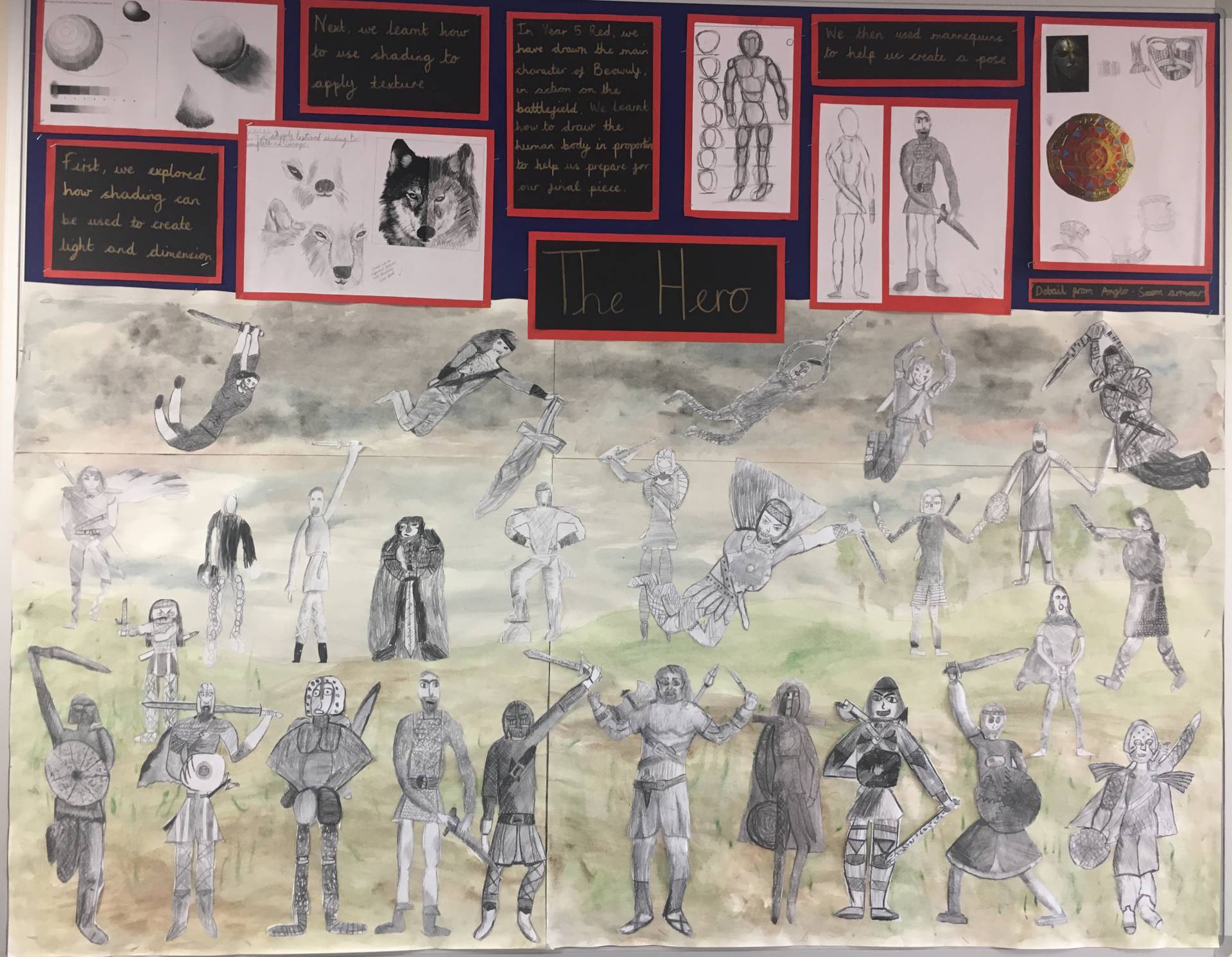
We aim to ensure that throughout their time at John Stainer, pupils develop an understanding of their own personal history, explore the lives of relevant significant individuals, learn about key events from the past and develop their understanding of how this will shape their future.
Our history curriculum intends to:
- To develop pupils’ enjoyment and interest in history and how it relates to modern life.
- To understand how human achievements have influenced society.
- To use a range of historical sources to enhance pupils understanding and encourage analytical thinking.
- To understand the similarities and differences between the present and the past and to understand that people of other times and places may have had different values and attitudes from ours.
Implementation
To ensure effective implementation, leaders ensure that:
o An ambitious, broad and balance History curriculum is taught once each term (rotated with Geography).
o Staff ensure there is regular reflection on previously taught knowledge and skills, to check what children know and remember;
o Historical links are made across the curriculum;
o Learning is supported by a wide range of resources, including educational visitors (parents, members of the community such as police, fire brigade etc).
o The curriculum develops children’s cultural capital with opportunities to build on children's knowledge and understanding with educational visits, visitors, themed days eg London History Schools Day, Black History Month, Culture Day, termly class exhibitions etc
o Discussions with children about the history learning and experiences go beyond the curriculum.
o Educational visits and visitors bring first hand experiences to the units being studied.
o Teachers have a good knowledge of the subject with the History Leader providing high quality CPD for staff
Impact
Our History curriculum is enriching. It tracks the child’s learning journey of history through their school experience to allow for progression and retention. If children know and remember what they have learnt in history over time, they are deemed to be making good or better progress. We measure the impact of our curriculum through the following methods:
- Ongoing formative assessments in lessons.
- Written pieces around their topic.
- Pupils’ discussions about their learning.
- Year group exhibitions to parents and others in the school community.
- Their ability to apply their historical learning across the curriculum.
Beyond the Curriculum
London History Schools Day
London History Schools Day allows us to celebrate the capital’s unique history and heritage. At John Stainer, we bring London’s unique characters, past and present, to life with a dress-up day and activities. Below are pictures from our last LHSD. The theme for this years London History Schools Day is resilience. This is a brilliant opportunity to strengthen our Values Curriculum and celebrate in our Resilience Oscars for Summer 2022.
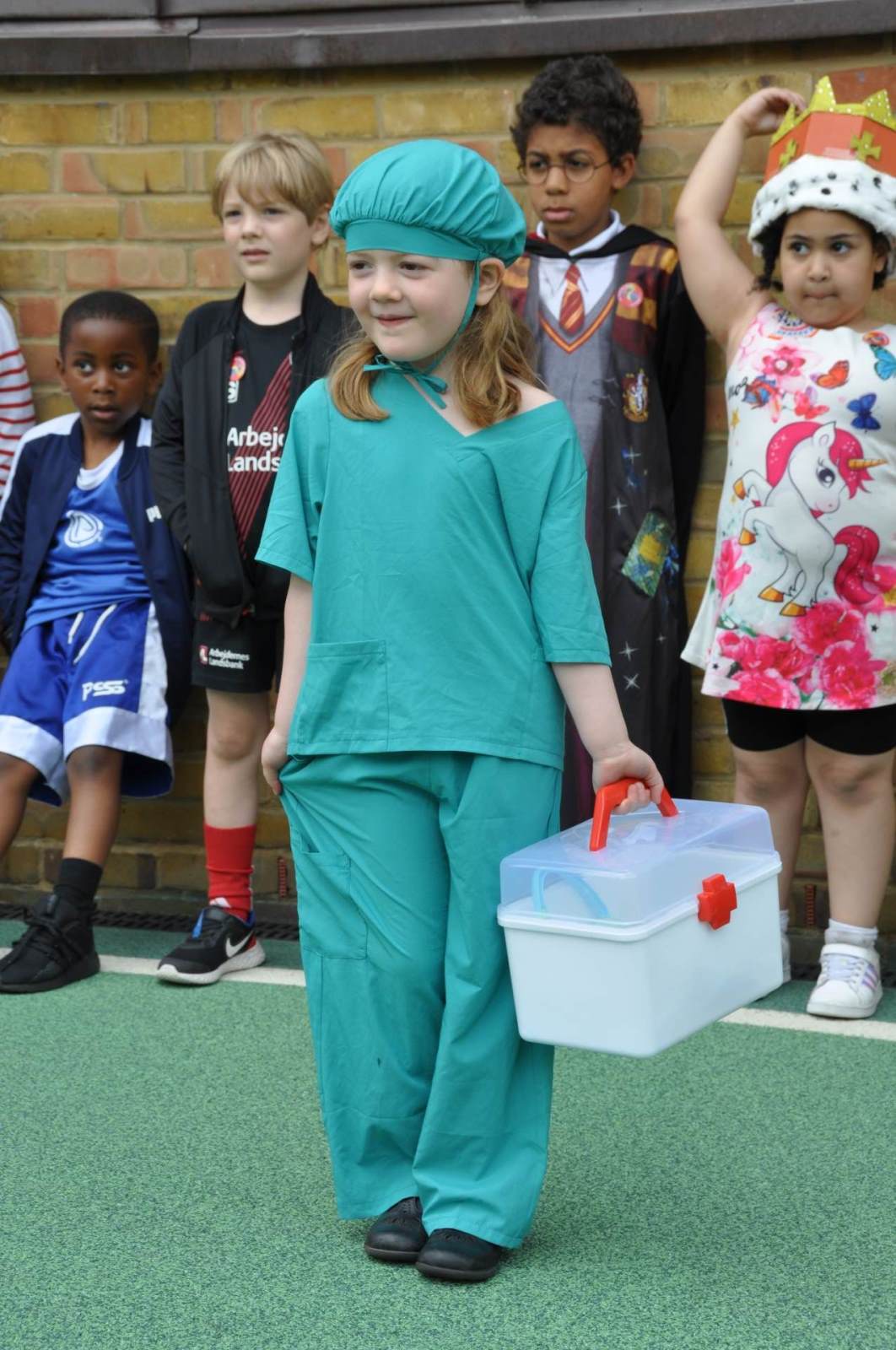
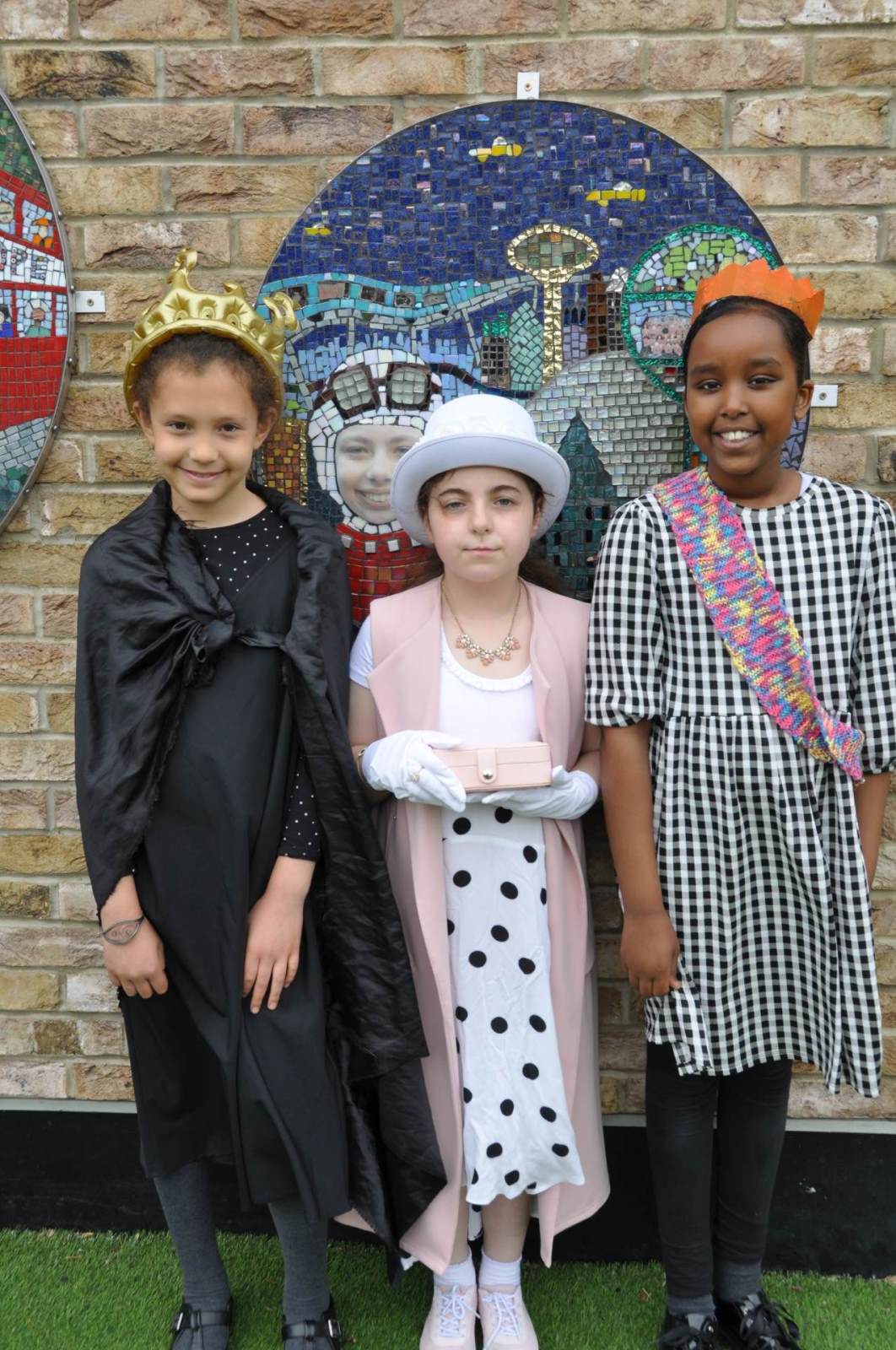
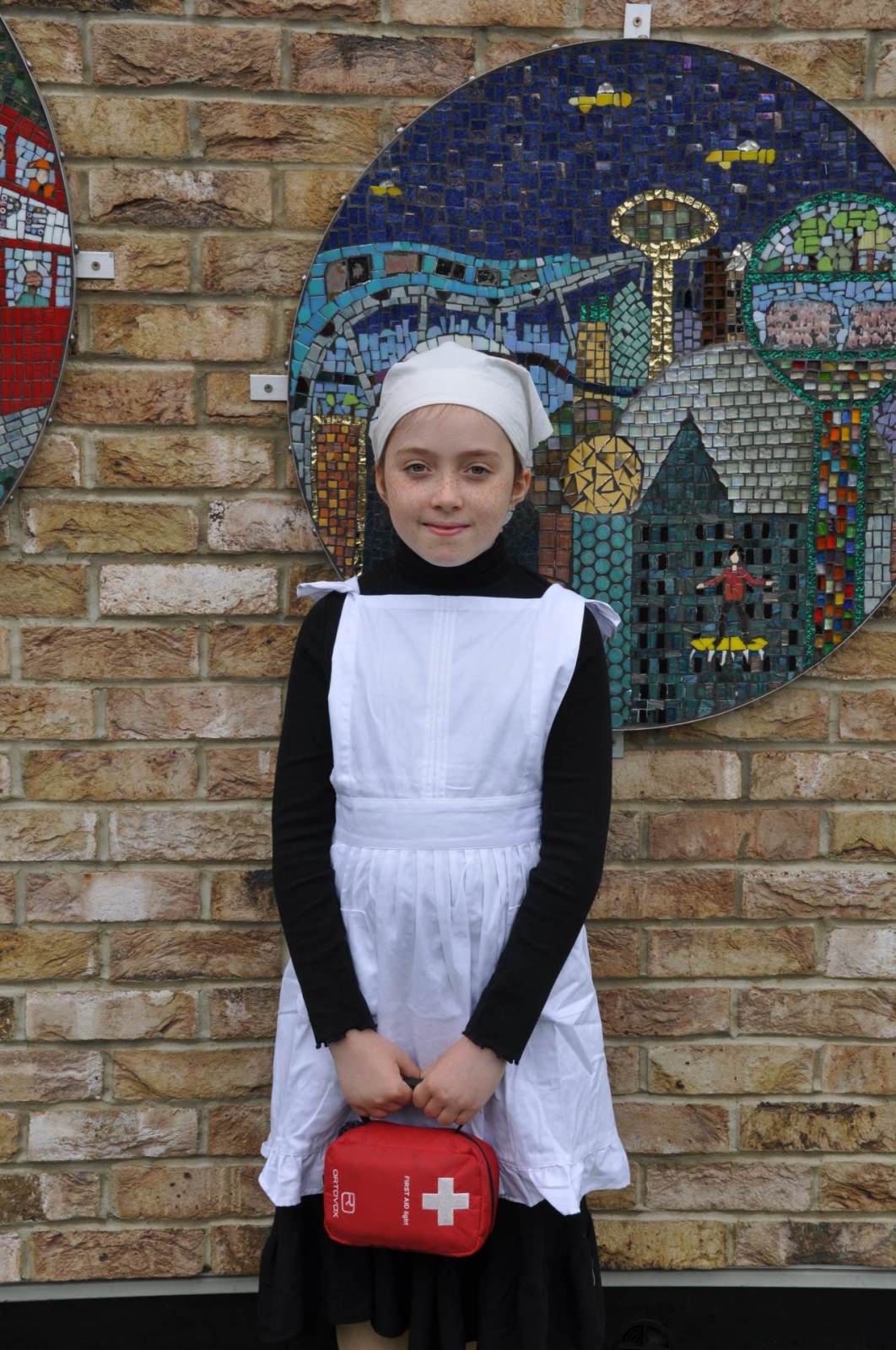
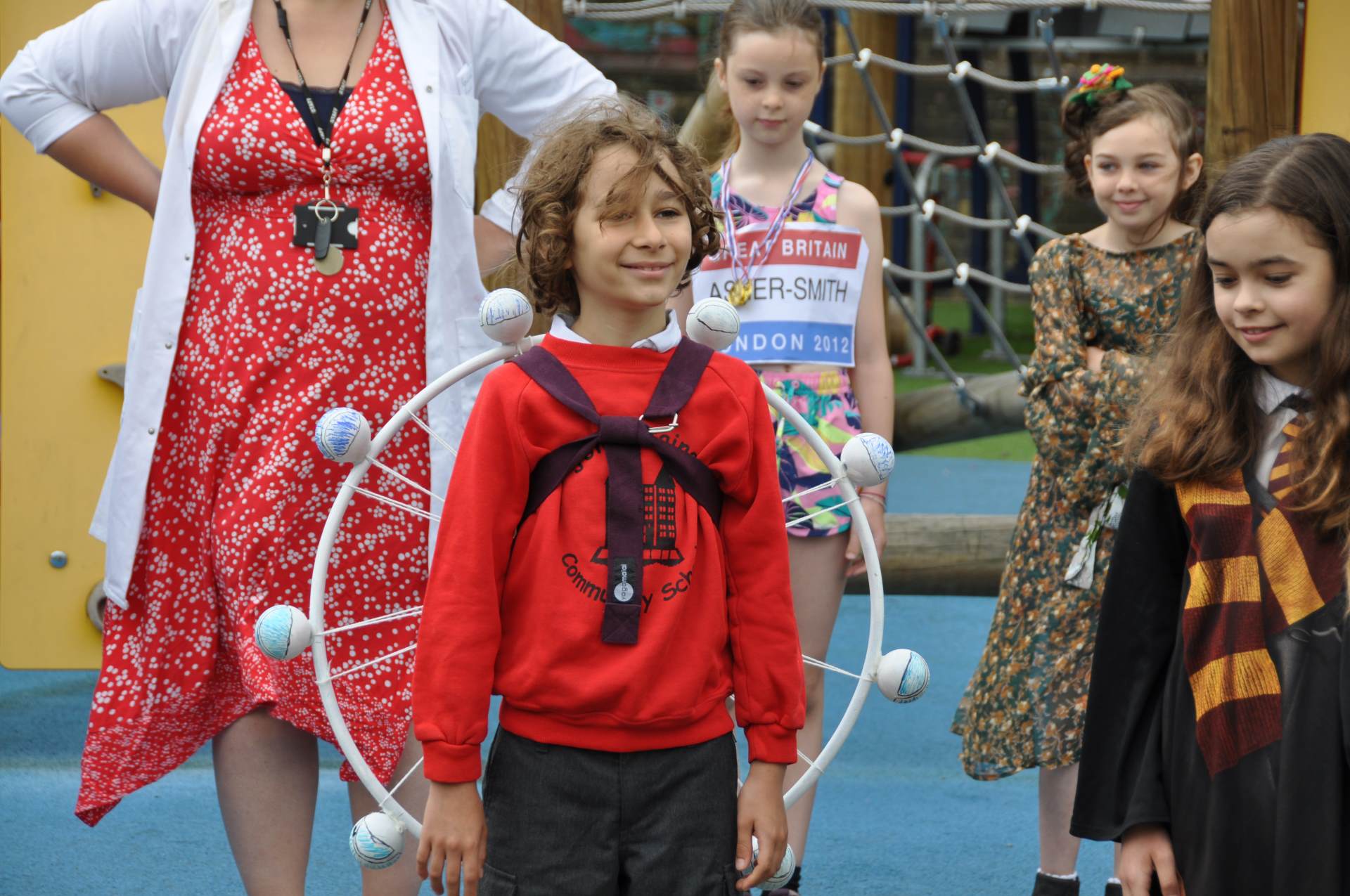
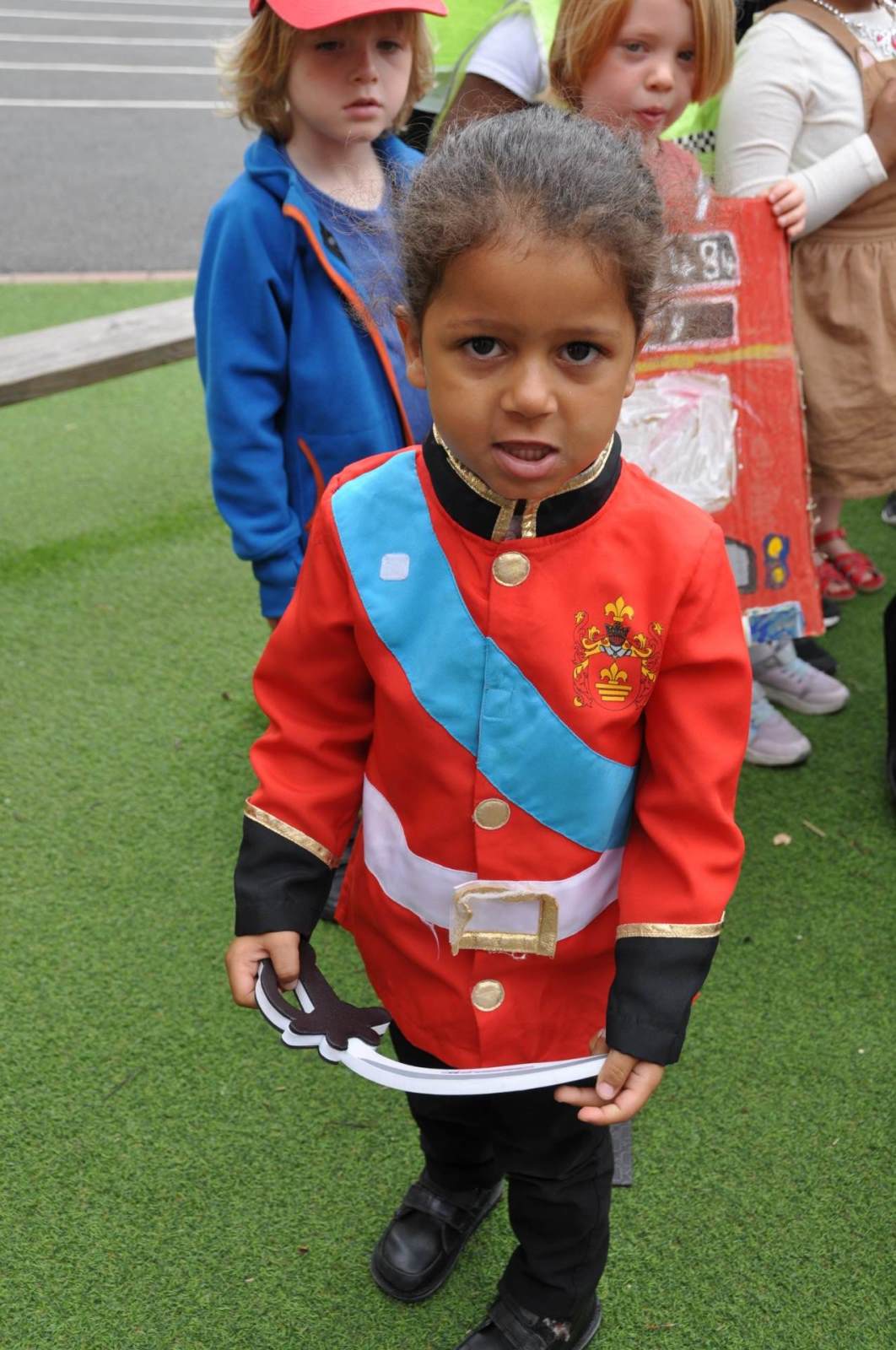
Click here to see our Black History Month Home Learning
Culture Dress Up Day
Our usual Culture day dress up event is always a blaze of colour and excitement. Children, parents and staff wear traditional clothes from their own or someone else’s culture.
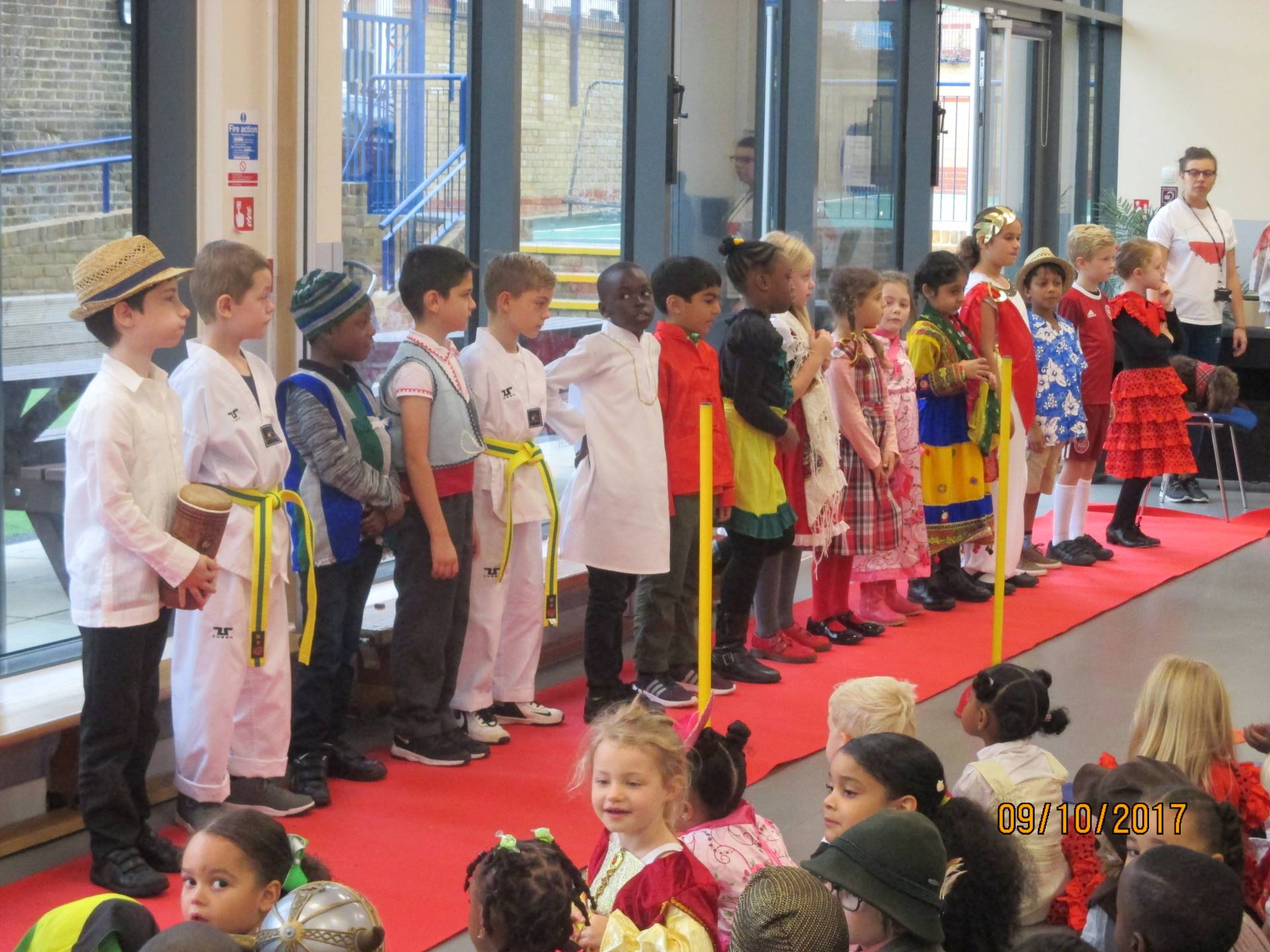 |
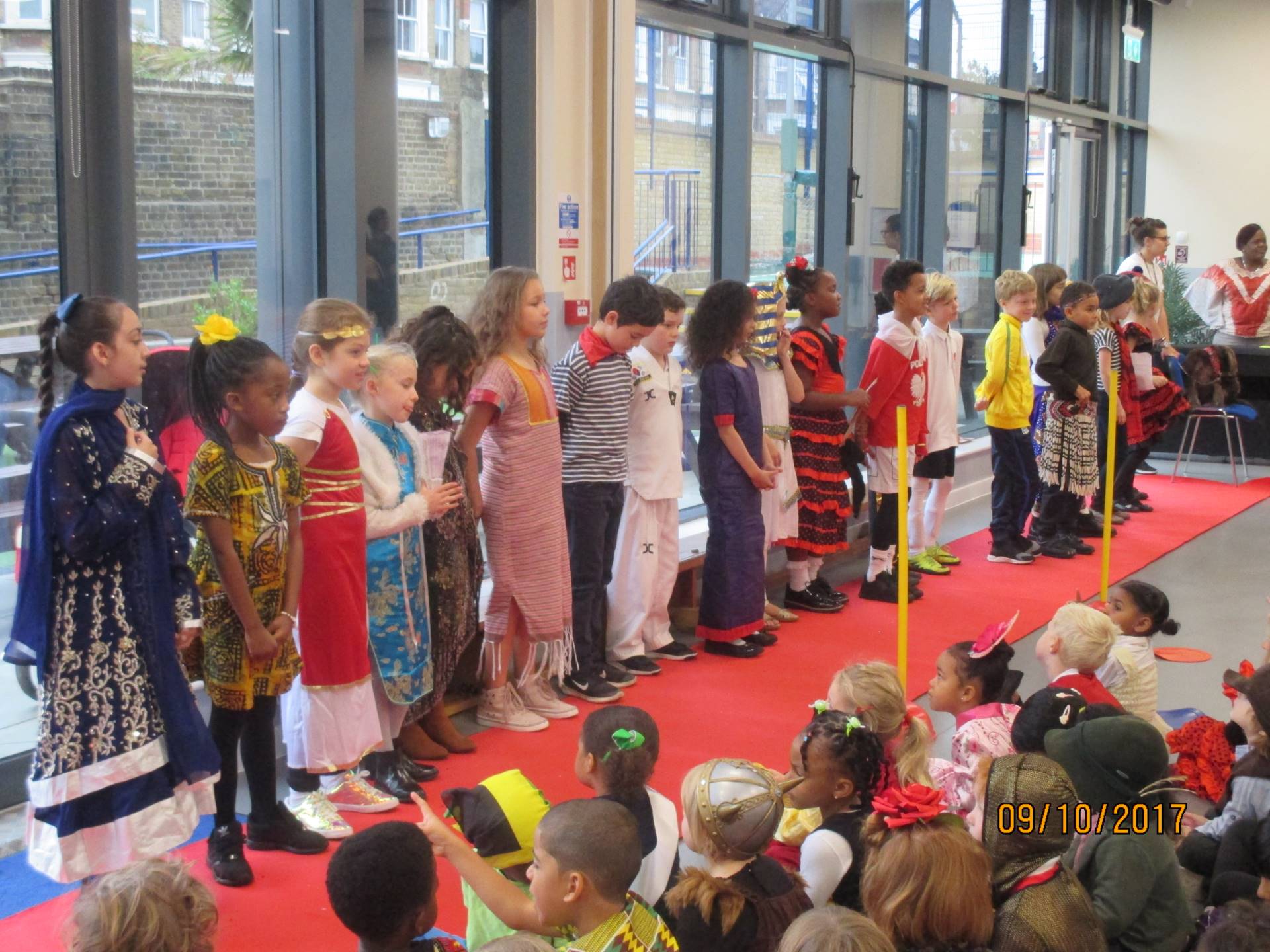 |
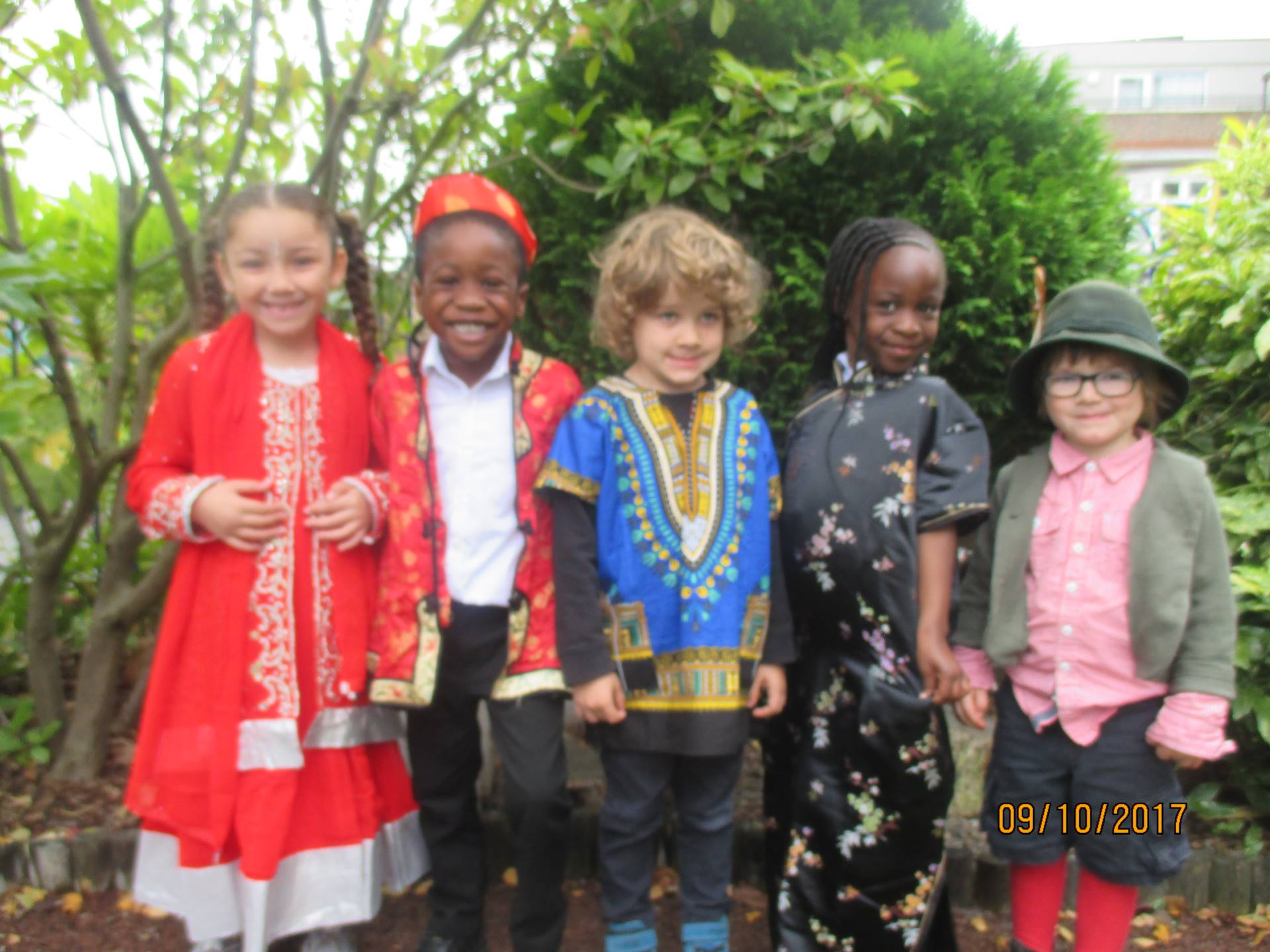 |
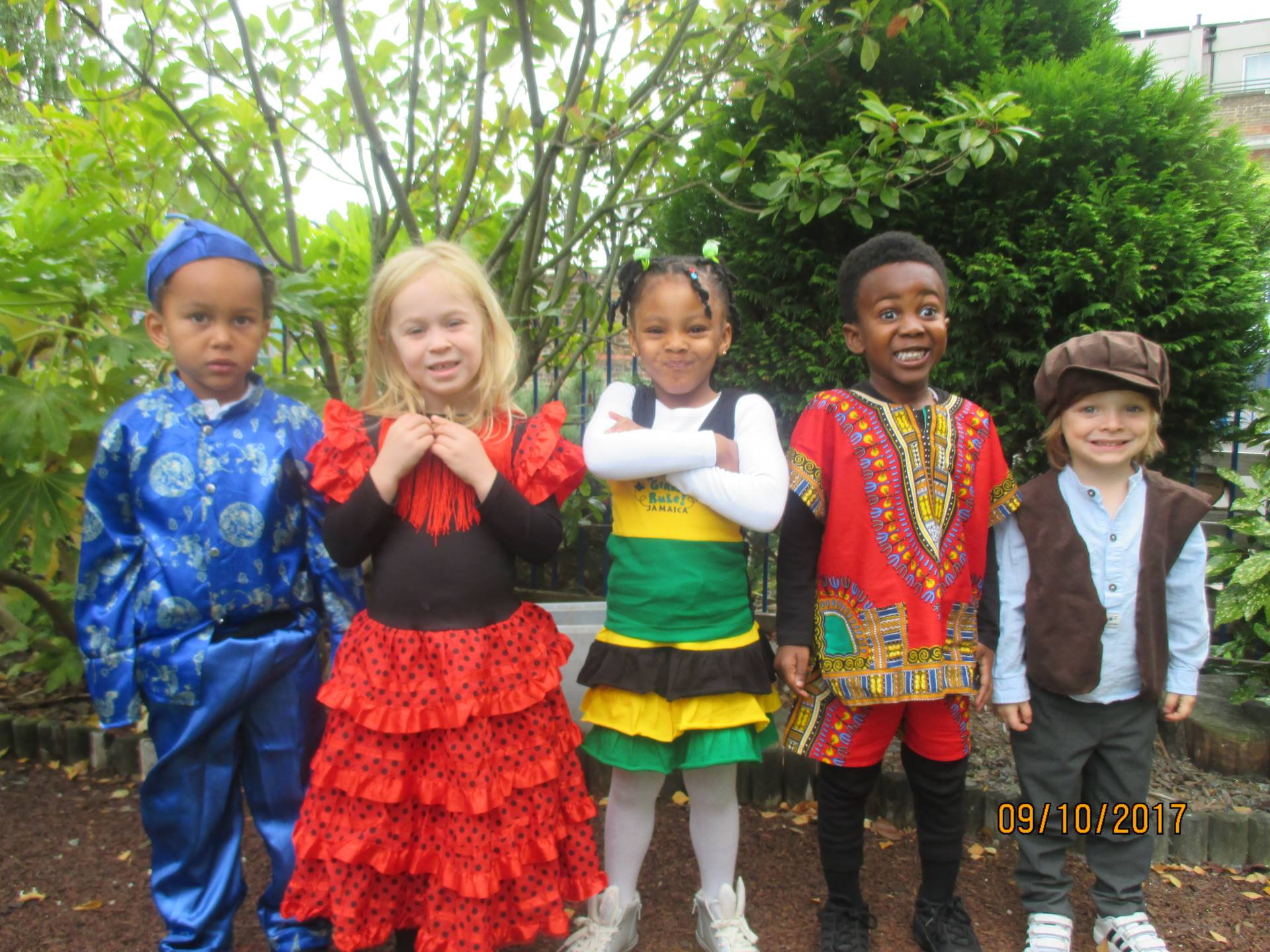 |
Fresh Water Theatre Company
We began our month of Black History celebrations with the amazing Freshwater theatre Company who were engaging, inclusive, informative and inspiring.
The children from both Key Stage 1 and Key Stage 2 thoroughly enjoyed the workshops.
Key Stage 2 took part in the”Black History- A celebration” workshop. This enabled the children to discover more about the abolition of slavery and the Windrush generation, they also encountered some unsung heroes from Black history.
In Key Stage 1, children saw the tales of” How Anansi became King of all the Stories” and “How the Zebra got his Stripes” dramatically unfold as the children created vibrant African scenes from the “Stories from Africa” workshop.
The Early Years children enjoyed the “A Carnival of Stories” workshop which took them on a sensory journey starting in England in 'Amazing Grace', then onto Kenya in 'Handa's Surprise' and finally to the Carribean in 'Island Counting', with interactive activities based around these stories.


